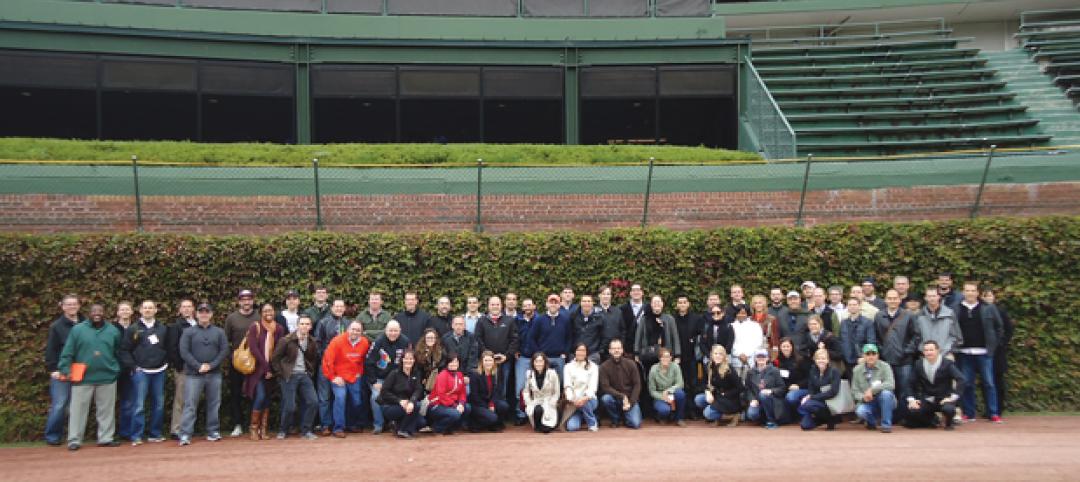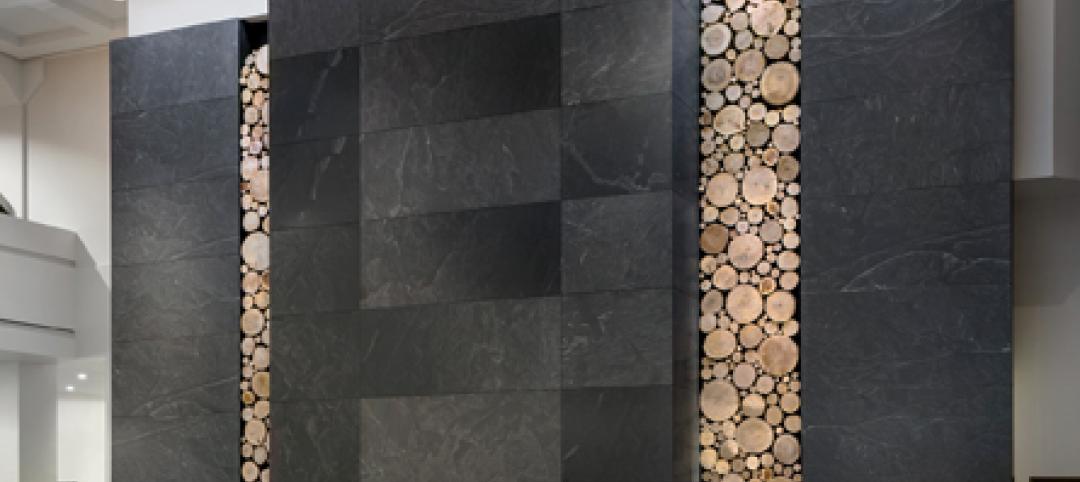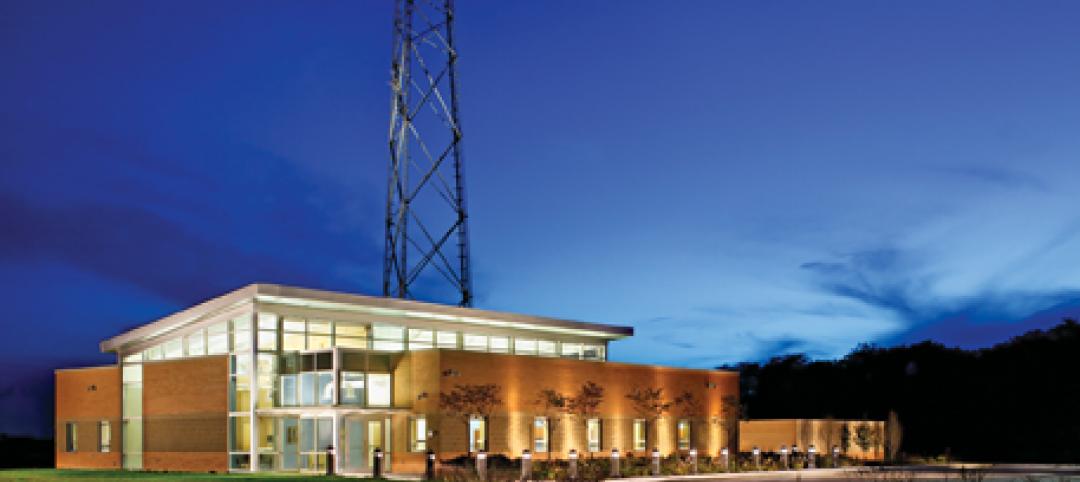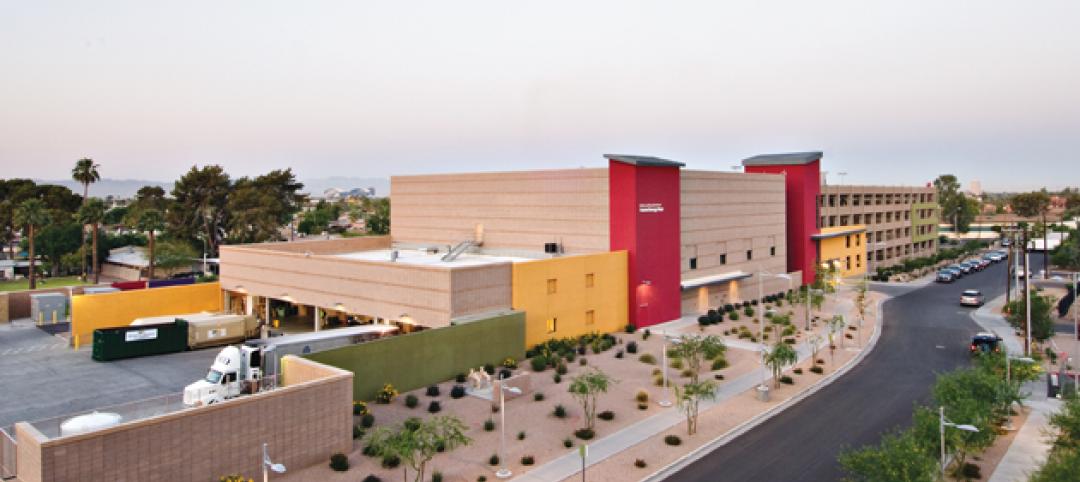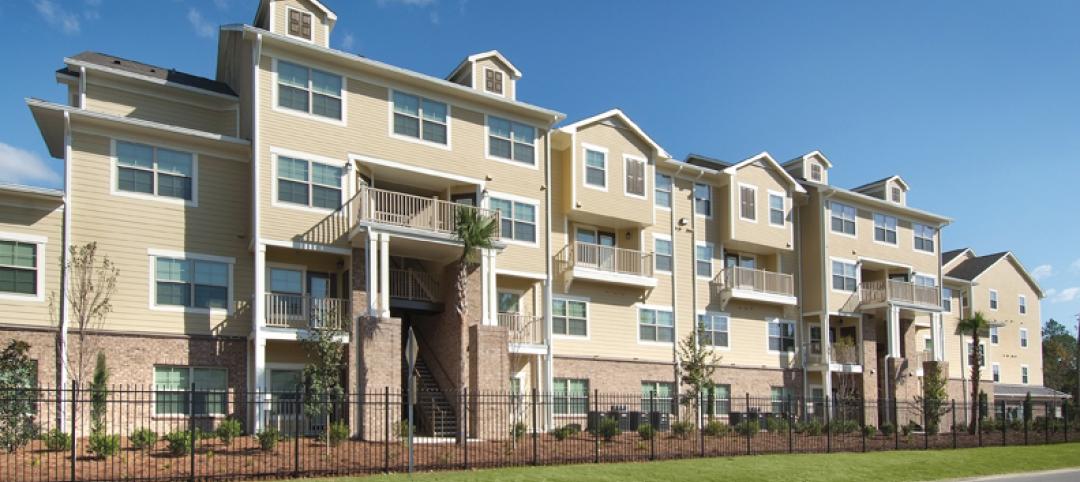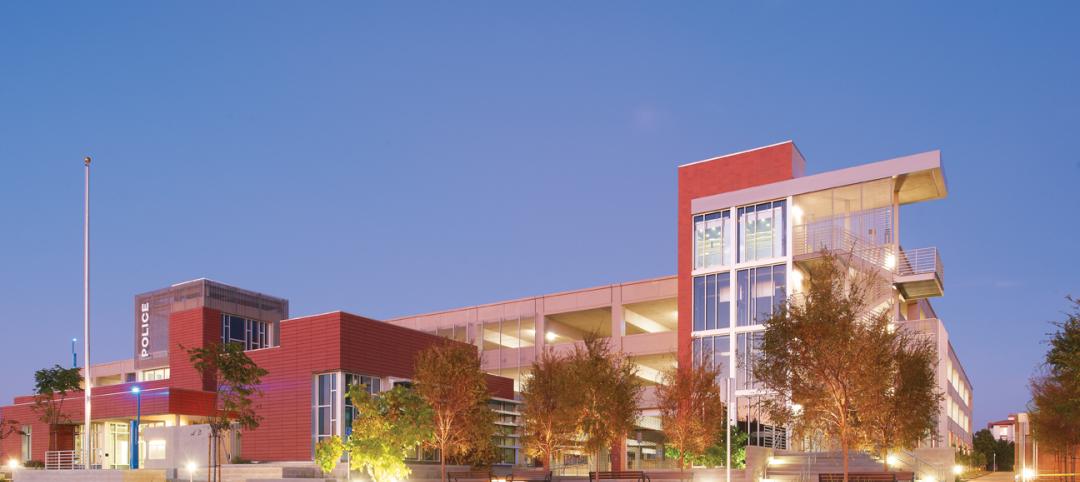Goody Clancy and Stevens & Wilkinson announced that two new research buildings on the campus of the Medical University of South Carolina in Charleston, S.C. were formally dedicated late in 2011.
The two buildings add 208,000 square feet of collaborative research space to the campus. The James E. Clyburn Research Center comprises two buildings, the Drug Discovery Building and the Bioengineering Building. The research center brings together scientists, faculty and students from the state’s three research universities: MUSC, the University of South Carolina and Clemson University, as well as representatives from private industry, to advance biomedical research and applications and speed up the process of technology transfer.
The project team includes: Goody Clancy, Boston, MA (Design Architect), led by principal Roger Goldstein, FAIA, LEED AP; Stevens & Wilkinson SC, Columbia, SC (Architect of Record, Mechanical/Electrical, Civil and Structural Engineer), led by principal Robby Aull, AIA, ACHA, LEED AP; Brasfield & Gorrie, LLC, Birmingham, AL (General Contractor); Seamon Whiteside + Associates, Mount Pleasant, SC (Landscape Architect); SST Planners, Arlington, VA (Lab Planners); and Vermeulens Cost Consultants, Boston, MA (Cost Consultant). Vanderweil, Boston, MA also served as the Mechanical Design Engineer for the Drug Discovery Building. BD+C
Related Stories
| Nov 13, 2012
2012 LEED for Homes Award recipients announced
USGBC recognizes excellence in the green residential building community at its Greenbuild Conference & Expo in San Francisco
| Nov 12, 2012
PCI Skanska celebrates 40-year anniversary
Since its creation, PCI Skanska has provided EPC services to clients for more than 40 years.
| Nov 12, 2012
AISC launches 'Night School' online educational program
The program's weekly webinar sessions offer structural engineers a great opportunity to enhance their professional development online while accommodating their schedules.
| Nov 11, 2012
Under40 Leadership Summit draws 71 young leaders to Chicago
More than 70 young—that is, under age 40—architects, engineers, and construction professionals descended on Chicago in early October with one thought in mind: to learn how to “create with clarity.”
| Nov 11, 2012
AIA: Building Envelope
Preventing and treating failure in glazed curtain wall systems. Earn 1.0 AIA/CES learning units by studying this article and successfully completing the online exam.
| Nov 11, 2012
Greenbuild 2012 Report: Hospitality
Hotel boom signals good news for greener lodging facilities
| Nov 11, 2012
Greenbuild 2012 Report: Government & Military
Public sector remains a bastion of sustainability
| Nov 11, 2012
Greenbuild 2012 Report: Healthcare
Green medical facilities extend beyond hospital walls
| Nov 11, 2012
Greenbuild 2012 Report: Multifamily
Sustainably designed apartments are apples of developers’ eyes
| Nov 11, 2012
Greenbuild 2012 Report: Higher Education
More and more colleges and universities see sustainainably designed buildings as a given





